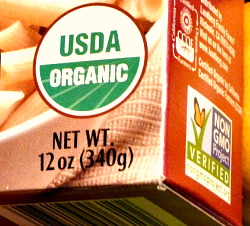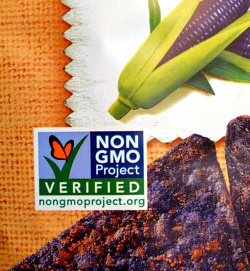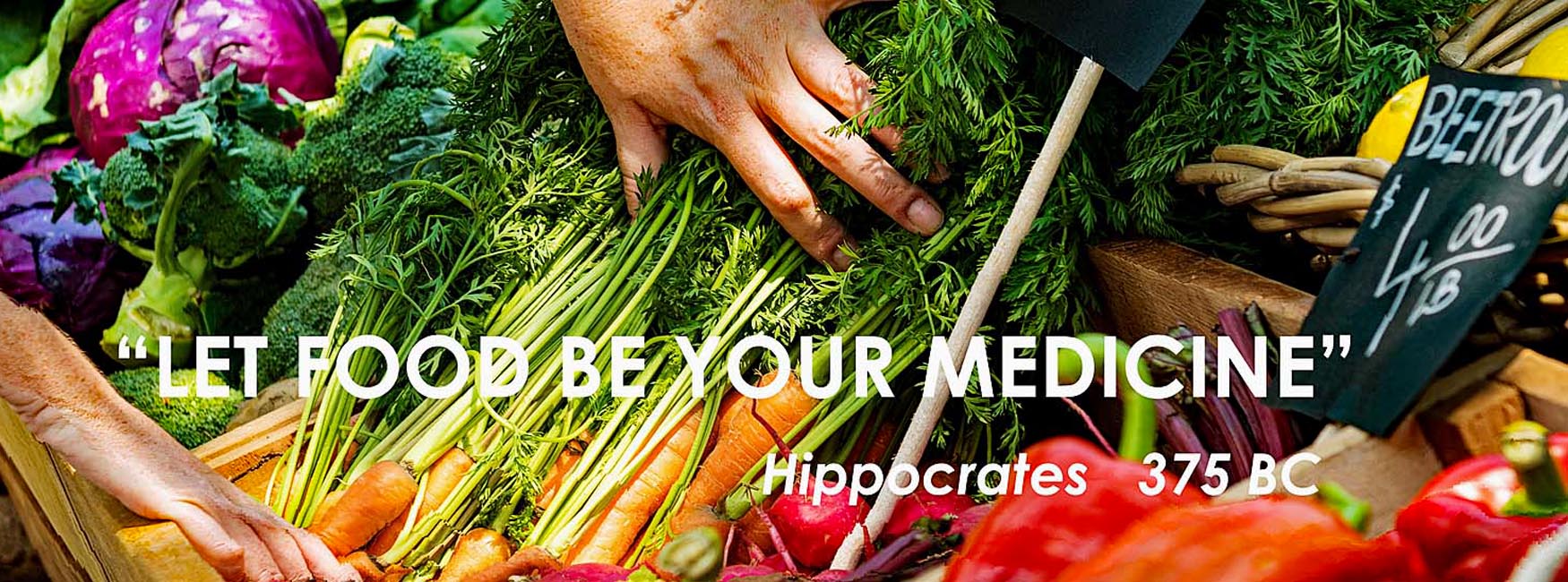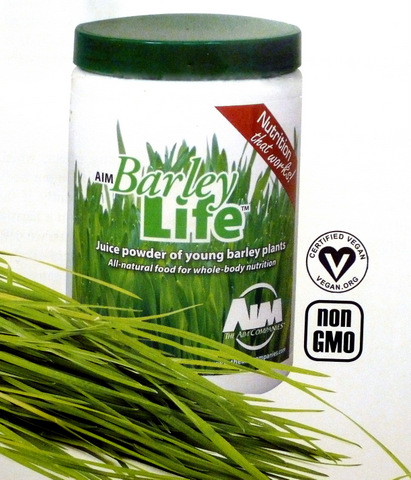Genetically Modified Food: Claims and Counter Claims
Many beneficial claims for the continued use and expansion of genetically modified food is offered by the developers of the processes. The following are some of the industry's reasoning for modifying our food supply.
Claims
 Organic foods are becoming more within everyone's reach to purchase. Just look for the "organic" label.
Organic foods are becoming more within everyone's reach to purchase. Just look for the "organic" label.- GMO crops are merely the expansion of the natural way that plants interact to produce new variations and the process will not create any risk to human health.
- Government and industry will very carefully regulate the process
- GM foods are more nutritious than non GMO foods and just as safe to eat
- There will be increases in crop yields
- Less demand for pesticide use
- Farmers can have an easier life
- Farmers will be able to make more money
- The environment will benefit in many ways
- Can be a positive influence on climate change
- There will be more food to feed the world.
Counter Claims
Today, there is extended interest in examining the claims of the producers of genetically modified food and understanding both the short and long term affect on our food supply. There is a growing body of scientific evidence that refutes the claims of genetically modifying our food crops. Evidence presented in many studies indicates:
 Always look for this label!
Always look for this label!- GMO crops are laboratory made, using a technology that is completely different from natural breeding methods and create different risks than non GMO crops
- Can be toxic, allergenic and less nutritious than natural bred crops
- Regulations are not adequate
- Do not increase the potential crop yields
- Pesticides have to be increased instead of reduced
- Produce "super weeds" that are herbicide tolerant, compromise soil quality and increase disease problems in crops that make additional problems for the farmer
- Mixed economic effects
- Reduce bio diversity, disrupt ecosystems and harm soil quality
- Offer no effective solutions to climate change
- Are energy demanding as any other chemically-farmed crops
- Cannot help solve the problems of world hunger, but distract from the real political and social problems that need to be addressed.
Genetically Modified Food - No Need To Take Risk
There is really no need to take risk with GMO crops when effective, readily available, and sustainable solutions exist. Conventional plant breeding continues to outperform GM in producing high yield, drought tolerant and pest resistant crops that can meet our present and future needs.
More about Genetically Modified Foods...
- Why Non GMO? - These are the products of natural breeding techniques. Look for Non GMO and organic labels.
- Facts About GMO Food - Eighty percent of conventional processed foods in the US contain GMO ingredients. There are 61 countries around the world that do not consider GMO food to be safe.
- Health Risk - There are numerous accounts of problems caused by genetically modified products.
- Buy Organic Food - Organic foods will limit your exposure to synthetic pesticides and herbicides.





